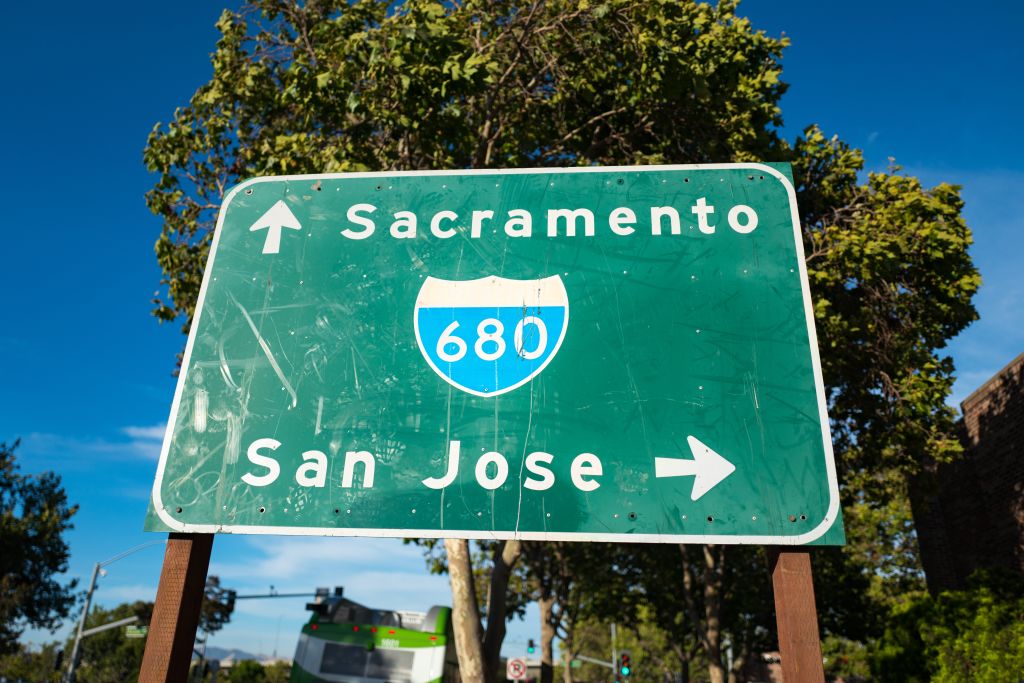After some haggling over which jurisdiction was responsible for two dead whales washed up in Pacifica, crews on Tuesday began ripping up mammal flesh and burying the weighty beasts after neighbors complained of their rotting stench.
An excavator dug into the whale flesh, tearing skin and muscle, before getting ready to sink the pieces of blubber and bone deep into the sand.
Pacifica's Interim Chief of Police Dan Steidle said that after more than a month of discussion, it's been determined that the area where the whales washed up on April 14 and May 5 belong to the San Francisco Recreation and Parks Department. The Sharp Park Golf Course, is located just east of the beach and also falls under in that jurisdiction.
At first, it was unclear if the federal, state or local governments were responsible for removing the whales, he said, because the area intersects with all those jurisdictions. Connie Chan, spokeswoman for the park district, disputed there was any confusion, but added that the first whale had shifted onto San Francisco's property after it first washed up dead.
Steidle said the decision was initially made by San Francisco to allow the whales to decompose naturally, something that marine biologists studying the whales had given their blessings to.
But given the "quality of life issue" for people who live nearby and tourists coming to visit the quaint beach town, Steidle said the city of Pacifica asked the recreation and parks department for a "more desirable disposition."
A contractor told NBC Bay Area that the burying process could take between two to three days, and crews would try to sink the mammals down in the sand at least 20 feet. Huge holes had been dug in which to place the ripped-up flesh.
Tanya Schevitz, who lives less than five minutes from the beach, was thrilled the rotting carcasses were being taken care of.
"I'm so glad they are finally doing it," she said. "I was walking along Highway 1, a half a mile away the other day and was gagging! I had to cover my face with my scarf the whole time."
Local
Robert Benson, who moved from the East Coast to Pacifica this week, compared the smell to old oysters and shellfish. "If you leave them out, you have that sweet, sour odor," he said. "It's pungent, more than your usual fish shop."
The two whales washed up under different circumstances. The first whale was an adult sperm whale, and marine biologists still don't know why it died. The second whale was a 42-foot female humpback, which was likely killed by a passing ship, according to Laura Sherr, spokeswoman for The Marine Mammal Center in Sausalito.
Sue Pemberton with the California Academy of Sciences told NBC Bay Area in a previous interview that this particular beach is often a natural dumping ground for what the ocean throws at it because of onshore winds and where it is located.
"It lends itself to being a repository for dead marine mammals and garbage," she said. " I'm not surprised. Animals die."



